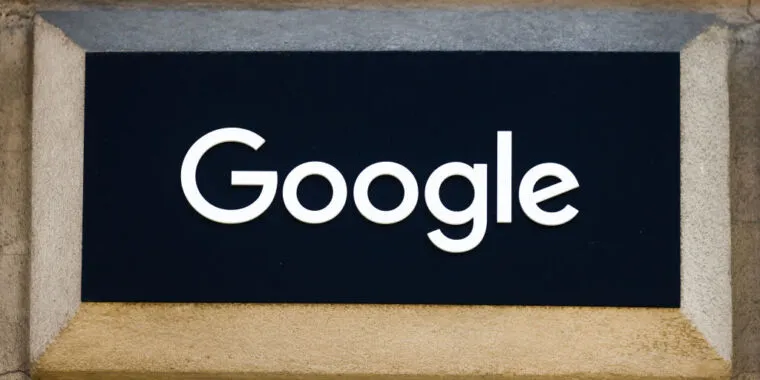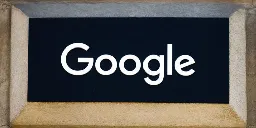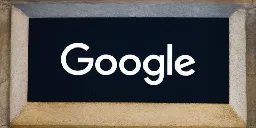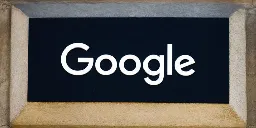Judge in US v. Google trial didn’t know if Firefox is a browser or search engine
Judge in US v. Google trial didn’t know if Firefox is a browser or search engine

arstechnica.com
Judge in US v. Google trial didn’t know if Firefox is a browser or search engine

Judge in US v. Google trial didn’t know if Firefox is a browser or search engine::Google accused DOJ of aiming to force people to use “inferior” search products.


